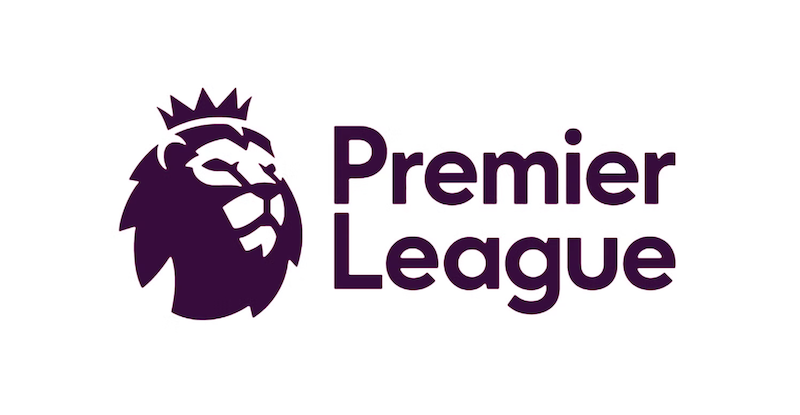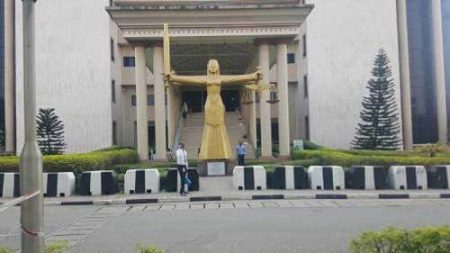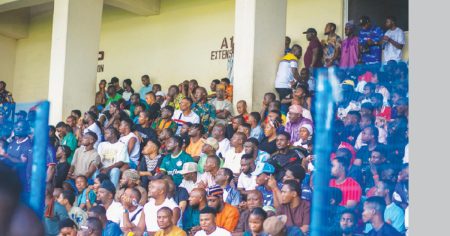The Premier League’s recent decision to discontinue its partnership with LGBTQ+ charity Stonewall and the associated Rainbow Laces campaign marks a significant turning point in the league’s approach to inclusivity and diversity. Launched in 2013 by Stonewall and adopted by the Premier League in 2017, Rainbow Laces became a highly visible symbol of support for LGBTQ+ communities within the sport. Players and officials across the league donned rainbow-colored laces and armbands, demonstrating a collective commitment to fostering a more welcoming and inclusive environment for LGBTQ+ individuals. While sources within the Premier League maintain that the organization remains dedicated to combating discrimination and providing educational resources and support to clubs, the discontinuation of the long-standing partnership suggests a strategic shift in their approach. This move raises questions about the future direction of LGBTQ+ advocacy within the league and how it will manifest in tangible actions and initiatives.
The phasing out of the Rainbow Laces campaign, which had enjoyed widespread support from Premier League clubs in its initial years, appears to reflect a gradual waning of enthusiasm and participation in recent seasons. Several high-profile instances of players declining to wear rainbow armbands or associated apparel, citing religious beliefs or personal preferences, have highlighted the growing complexities of navigating issues of inclusivity and individual expression within the league. These incidents underscore the challenges faced by organizations like the Premier League in striking a balance between promoting inclusivity and respecting individual beliefs. The decision to end the partnership with Stonewall suggests a potential recalibration of the league’s strategy, perhaps towards a more individualized or less overtly symbolic approach to promoting LGBTQ+ inclusion.
While the discontinuation of Rainbow Laces signals a change in approach, the Premier League maintains its commitment to addressing discrimination and fostering inclusivity within the sport. The league emphasizes its ongoing provision of educational resources and support to clubs, suggesting a shift towards a less visible but potentially more impactful approach. This could involve focusing on internal policies, training programs, and community engagement initiatives that address the root causes of discrimination and promote a culture of respect and acceptance within the football ecosystem. The league’s forthcoming initiative focused on LGBTQ+ History Month in February will likely provide further insight into its evolving strategy for promoting LGBTQ+ inclusion.
The Premier League’s decision to discontinue Rainbow Laces coincides with a broader reevaluation of symbolic gestures and their effectiveness in promoting social change. The decision by the England women’s team to discontinue taking the knee before matches, coupled with the Premier League’s decision to limit the gesture to two occasions during Black History Month, reflects a growing debate about the efficacy of such symbolic actions in achieving meaningful progress on issues of racial equality. These developments suggest a potential move towards more concrete actions and initiatives focused on addressing systemic inequalities and promoting tangible change.
Stonewall, the LGBTQ+ charity behind the Rainbow Laces campaign, acknowledges the evolving nature of the initiative and its adaptation to changing cultural and sporting landscapes. The organization emphasizes the campaign’s expanding reach and impact, particularly within the growing women’s game, highlighting the positive contributions it has made to promoting LGBTQ+ visibility and acceptance in football. While the Premier League’s decision marks the end of their formal partnership, Stonewall’s statement suggests that the Rainbow Laces campaign will likely continue in other forms and contexts, evolving to meet the changing needs and priorities of the LGBTQ+ community.
The evolving landscape of inclusivity initiatives within football underscores the ongoing challenges and complexities of navigating issues of diversity and representation within the sport. The Premier League’s decision to discontinue its partnership with Stonewall and the Rainbow Laces campaign, alongside other developments like the reevaluation of taking the knee, reflects a broader shift in approaches to promoting social change within the sporting world. While symbolic gestures remain important in raising awareness and demonstrating solidarity, there appears to be a growing emphasis on the need for more substantial actions and initiatives that address systemic issues and promote tangible progress towards a more inclusive and equitable sporting environment. The coming months and years will likely reveal the long-term impact of these changes and the evolving strategies adopted by football organizations to foster genuine inclusivity and diversity at all levels of the game.














